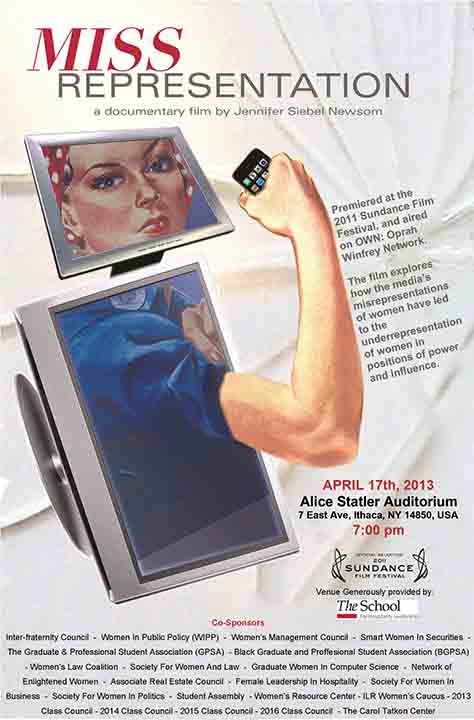
Two weeks ago, one of my best friends sent me an article entitled "How to Talk to Little Girls." The author challenged readers to ask a girl about school or a favorite book rather than complimenting her on her looks or dress. It's great advice. And, since both of us are first-time moms to baby girls, reading that girls' self-esteem has been measured at an all-time low struck a very personal chord. It also so happened that, when my friend emailed, I was in the middle of reading Cinderella Ate My Daughter: Dispatches from the Front Lines of the New Girlie-Girl Culture, by Peggie Orenstein.
In her book, Orenstein asks why boys are encouraged to explore the world, while girls are limited to explore their femininity. She talks about the challenges parents of girls face in today's pretty-pretty-princess-on-a-pedestal culture. I like that Orenstein is both a journalist and mother to a young girl, so her book comes with both thorough research and from a place of genuine concern. And there seems to be a lot to be concerned about.

One particularly creepy thing she points out that I never noticed before: When Disney's princesses appear together on any piece of merchandise, they never make eye contact with one another. Sure, each princess has her own tale, her own prince, her own kingdom. In the stories, they don't know each other. So no big deal that they're oblivious to one another, right? Not quite. To the subconscious, the image makes it seem as though the princesses are in competition with each other. Then again, maybe they are. There can only be one fairest of them all, after all, correct? Whatever the case, it doesn't exactly promote sisterhood. If anything, it only reminds me of that SNL skit The Real Housewives of Disney (which, admittedly, is hysterical).
"I often wonder what the long-term results of [teaching the princess narrative] will be," Orenstein writes. "Rather than raising a generation of Cinderellas, we may actually be cultivating a legion of stepsisters--spoiled, self-centered materialists, superficially charming but without the depth or means for authentic transformation."
Scary.
Much of what Orenstein says reminds me of a documentary I watched last summer. Miss Representation tackles much of what Orenstein's book does, but follows young girls into their teens and beyond. It exposes how the media is unapologetically derogatory to women in power, and promotes a message that a woman's true strengths lie in her youth, beauty, and sexuality. There is ample evidence that the more mainstream media girls consume, the more importance they place on being pretty and sexy.

OK, a final distillation of my thoughts (if you care to know them):
Do I believe the presence of a tiara and fairy wand in my daughter's toy bin will doom her forever? No. Will I never allow her to play with dolls because I fear it will teach her that looks trump all? No, of course she can play with dolls, but I hope they are not her only vehicle to create fantasy, just as I hope her wardrobe and bedroom never end up a monochromatic pink. Do I worry that reinforcing the "princess" narrative can, over time, impede a girl's ability to construct a fantasy that doesn't begin with "once upon a time" and end with "happily ever after"? A little bit. Would I be thrilled if Cecile gravitates toward Mulan over Ariel? Absolutely. (After all, that Mulan is pretty awesome, duh.) Now, will I buy her a Cinderella costume? Honestly: after reading this book and watching that film, probably not.
Listen, I like a manicure or shopping as much as anyone else. Guilty as charged. And if I hear "Part of Your World" playing, there's no doubt I'd belt it so tone-deaf and loud you'd want my pipes removed, too. And it's also worth noting that our household is one with very traditional gender roles--my husband and I made the (very difficult) decision for me to be the primary caregiver, so I'm sitting out both the leaning-in and having-it-all conversations. (Though I'll tell you, there's very little sitting when you're stay-at-home.) I understand some aspects of femininity are inborn, some are learned, and all of it should be embraced, if not celebrated. And, hell, both C and I look great in pink. That's a fact.
I do, however, hope that as a mother, I can create conversation about the limits of these princess characters and the expectations media set so that C can handle the power/sex contradiction she will inevitably face as a girl, and later, woman. How to do that? I'm not quite sure. But I feel better informed and more equipped to do so after reading Orenstein's book and watching Miss Representation. I highly recommend them.
...
